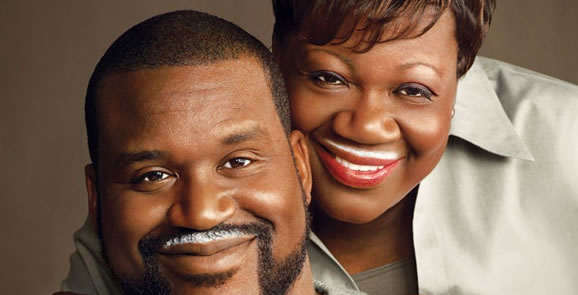After years of working with marriages, including my own, I’ve come to a conclusion: Marriages that struggle often lack one key ingredient. It’s something that, when missing from any relationship, will cause trouble in that relationship. The missing ingredient is called grace. And grace, when applied appropriately, is amazing. When both parties are grace-giving to each other, the marriage can soar. While it ultimately takes two people to make a marriage work, if your marriage is struggling, one remedy is to apply more grace. Here are seven ways to do so.
- Recognize differences. No two people in the world are alike, and that’s never more truly realized than in a marriage. The more you understand those differences, the better you’ll be able to grow the strength of your relationship. And, if you live in grace, you’ll spend a lifetime in discovery . . . never believing you’ve got this person completely figured out, but always dating, always exploring new dreams together, always learning about each other
- Respect differences. It’s not enough to know your spouse’s differences, you have to accept them. Respect them. This doesn’t mean making excuses for them but fully embracing the other person’s uniqueness as a gift to the marriage and allowing those differences to work for it rather than against it. For example, I’m an introvert. My wife, Cheryl, is an extrovert. I can’t always be introverted and respect her extroversion. And vice versa. Sometimes, I need to talk and listen for her. And sometimes, Cheryl needs to allow quiet for me. But when we blend our two differences together, we become a power couple for the ministry God’s given us.
- Clear boundaries. Don’t hold your spouse accountable for what he/she doesn’t know. Establish reasonable boundaries you both agree upon, then live within them. It’s not legalism, it’s giving grace to the other person. For example, I know Cheryl needs quality time. It’s her love language. I extend grace to her when I protect my schedule so I can spend ample time with her during the week. She knows I’m fueled on her respect of me, so she “graces” me by not speaking down to me in public.
- Forgive easily. Have high standards for your marriage, but recognize two imperfect people are trying to uphold them. You’ll make mistakes. Both of you. You aren’t perfect. And, neither is the person you married. You extend grace when you practice granting forgiveness more than you practice holding a grudge.
- Serve, expecting nothing in return. Part of gracing each other is doing for one another with no strings attached. Your goal is not a 50/50 partnership, but extending 100 percent grace to each other. When a couple mutually submits to one another . . . even out-serving each other . . . the marriage bond is strengthened (see Ephesians 5:21).
- Extend trust. A marriage won’t grow far beyond where trust is still being earned. Many of us bring our own hurts into a marriage. It can be difficult to place full confidence in the other person, especially after mistakes are made. For a marriage to flourish, you have to risk being hurt and extend the grace of trust. (There will be those reading this who have had reasons to mistrust their spouse. I get that; it takes time to recover from severe hurt in the marriage. However, at some point, for the marriage to ever be all it should be, a risk of trust will have to be given again. That takes grace.)
- Love the mundane. Let’s be honest. We live in a fast-paced world and sometimes, if things aren’t moving fast enough, we can fall into a routine and life can be boring. That bothers some of us more than others. Some of us love the big – the grandiose. We love mountaintop weekends and pinnacle vacations. We want every moment of our life to be extraordinaire. But frankly, it can’t be. And if we aren’t careful, we can get bored even in our marriage. In fact, I’d be bold enough to say boredom is a leading cause of troubled marriages. Grace in a marriage means we learn to love the highs – which is easy – and the lows – which is hard – and the mundane – which sometimes, for some people, is the hardest of all.
Used with permission of Ron Edmondson. For more blog posts like this, check out Ron’s website, ronedmondson.com










